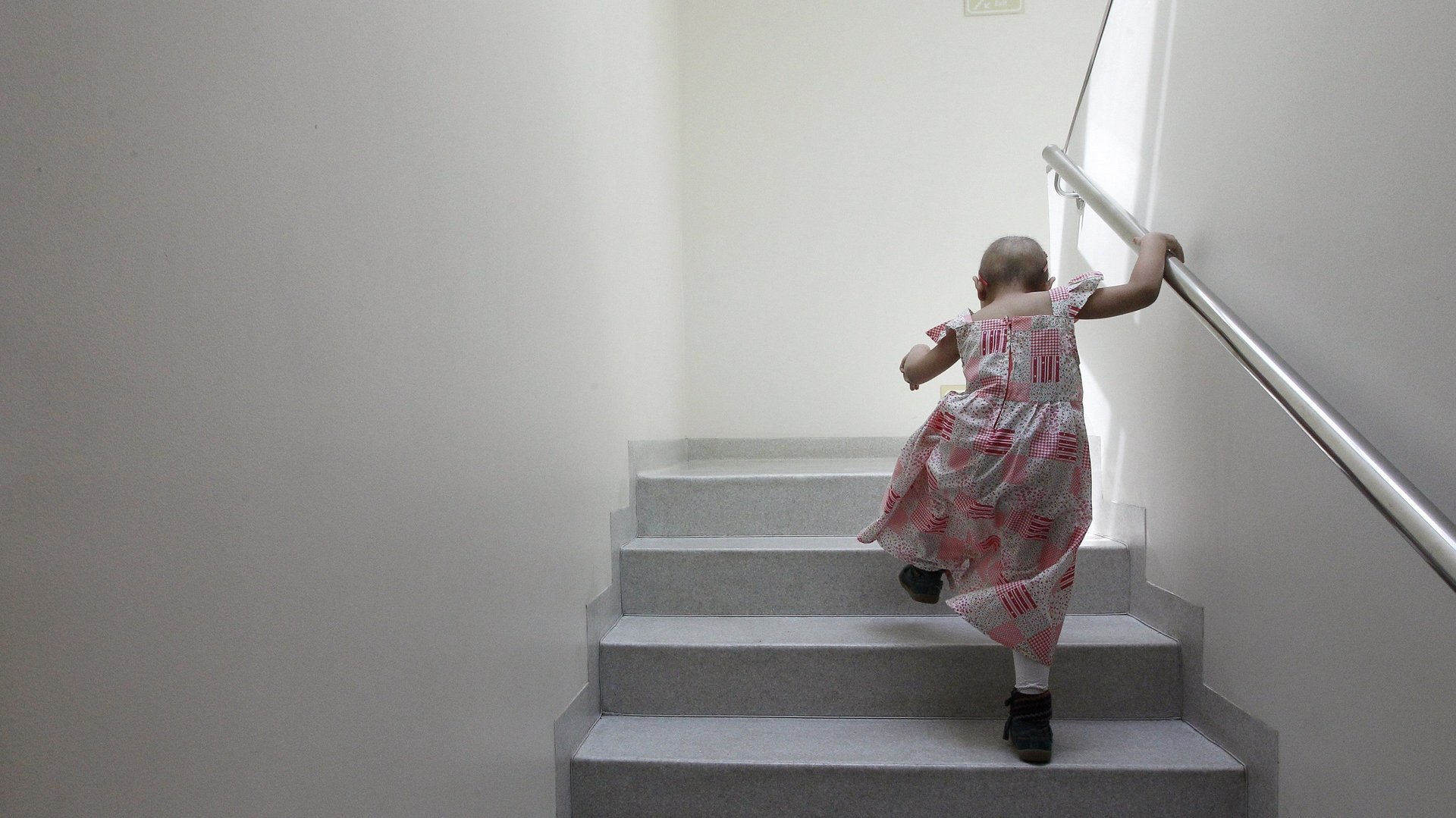25,450 Americans will die this year waiting for cancer drugs that could treat them
When you have a terminal illness and all else has failed, shouldn’t you be free to enrol in a medical trial of a promising new drug? This isn’t a distant hypothetical, but a serious predicament that faces thousands of Americans every year.


When you have a terminal illness and all else has failed, shouldn’t you be free to enrol in a medical trial of a promising new drug? This isn’t a distant hypothetical, but a serious predicament that faces thousands of Americans every year.
In a recently published book, The Right to Try, Darcy Olsen, president of the Goldwater Institute, addresses the battle faced by the terminally ill who apply to enter drug trials but are turned down. Olsen has worked to introduce “right-to-try” laws across the United States. So far, the bills have been approved in 24 states since 2014—with a collective vote record of 3,045 state lawmakers in favor and only 26 against.
The problem is as follows: The average length of a trial has increased by 70% from the 1990s to the mid-2000s, and it can now take 15 years for the Food and Drug Administration (FDA) to approve a new medicine. This means that treatments that doctors recognize as highly effective often have to spend further months or years wading through bureaucratic hurdles. The FDA has a “compassionate use” exemption for medical trials, but the qualifying process is extremely onerous, with a prohibitive list of criteria. Some 40% of cancer patients try to enrol in clinical trials every year, writes Olsen, but only 3% succeed.
Olsen tells Quartz that this is an unfortunate by-product of the FDA’s duty:
“I think the FDA was never set up to be a physician. The FDA is a regulatory agency that has been tasked with making sure the drugs and food that Americans eat are safe. That’s rightly what they’re focused on. And in that quest to make sure that things are very safe for Americans, the process of drug development has gone from taking five or six years to an average of 15 years to get a new drug to market.”
Currently, there are ongoing medical trials that have successfully treated people with deadly diseases, including the cancers glioblastoma, multiple myeloma, and acute lymphoblastic leukemia. One treatment for the latter disease, which genetically engineers patients’ blood to kill cancerous cells, has brought 27 of 30 patients to complete remission in a trial. But those treatments won’t be available to the 1,450 Americans with acute lymphoblastic leukemia, 13,000 with glioblastoma and 11,000 multiple myeloma who, according to the American Cancer Society, are expected to die from their diseases this year alone. Another 24,000 have died from ALS (a.k.a. Lou Gehrig’s disease) in the four years since clinical trials for a cutting-edge ALS treatment began, Olsen writes.
In her book, Olsen details heartbreaking cases of patients who died months before drugs were approved for the general market. One mother, Jenn McNary, has two sons with Duchenne muscular dystrophy, which is fatal. When one of them got into a medical trial, she had to watch him improve while his brother slowly degenerated. ”It is one thing if your child is dying from an untreatable disease,” McNary says in Olsen’s book. “But to have your child dying from a treatable disease is devastating. I never thought it would be the government I was working against.”
Under the newly adopted right-to-try laws, patients do not need FDA approval to enter drug trials. If a patient has a terminal illness, has exhausted all conventional treatment options, and a physician recommends a trial treatment, then patients may enter any trial that has completed basic safety testing, if the development company consents. ”We don’t need the FDA as a middleman. You shouldn’t have to apply to the federal government for permission to save your life. They don’t want it and nor do the American people,” says Olsen.
In February this year, after the first few states adopted right-to-try laws, the FDA announced that its process for “compassionate use” drugs was “too complex” and that the agency “is committed to streamlining the process.”
An FDA spokeswoman, Sandy Walsh, told Quartz in an emailed statement that the FDA believes its compassionate use process “works well overall” but that it’s finalizing ”a proposal to make the forms shorter and streamline the process.”
Technically, the FDA could try to challenge the states’ right-to-try laws. (Walsh said it has not taken a position on them.) But Olsen believes it will not attempt to do so. She also expects “right to try” to be adopted in every state across the US. “I think there are very few things that touch people in that way and are so universal,” she says. “It doesn’t matter if you’re male, female, old, young, conservative, liberal. None of those categories apply to terminal diseases. The best of the human spirit wants to solve this problem and people work together to make that happen.”